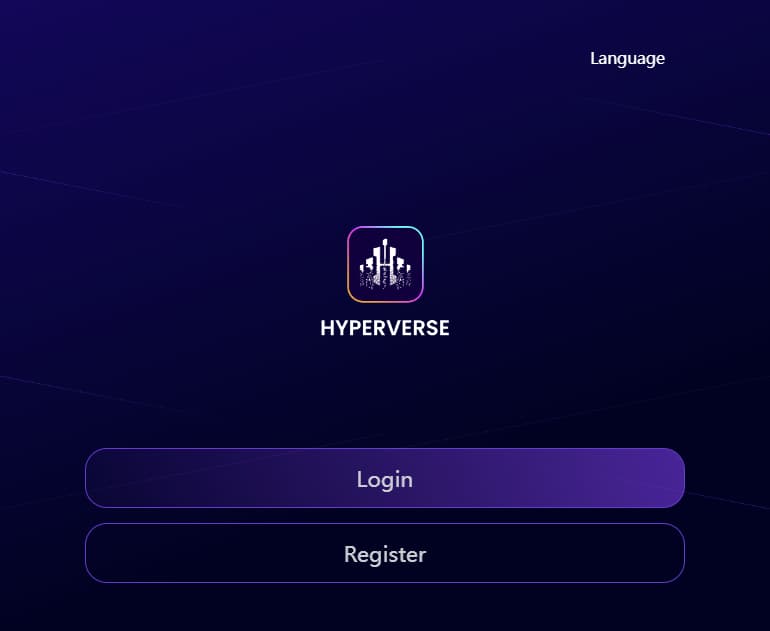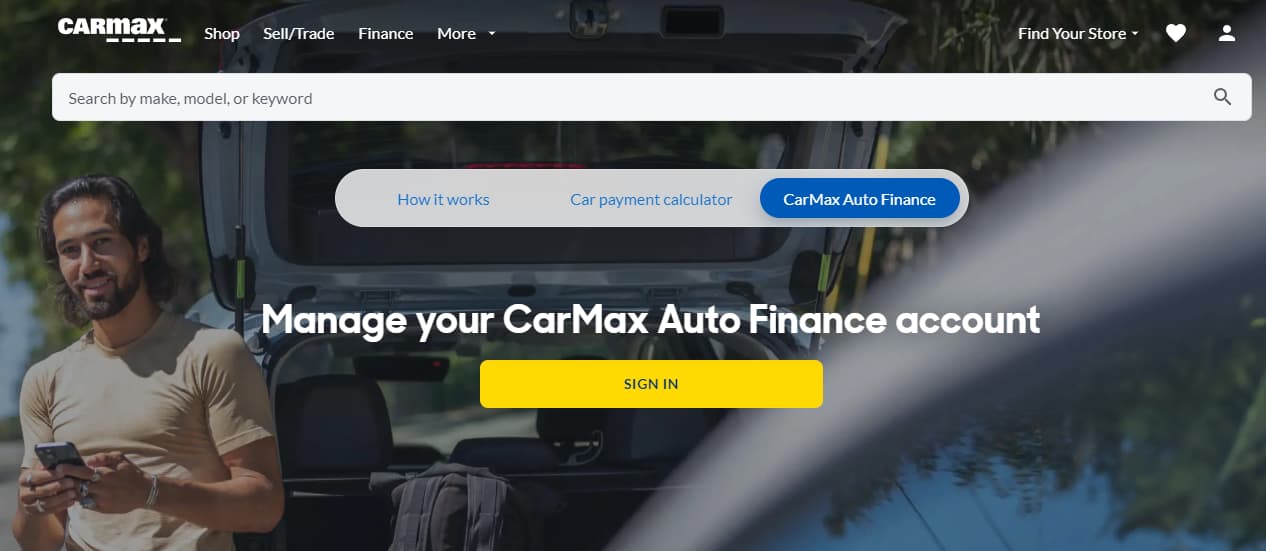Wondering how to pay less taxes? Americans usually pay $20,663 of their yearly taxes.
While taxes are required to fund the United States government and society, it is important to start budgeting and cutting back wherever possible.
You won’t find a solution to reducing your tax burden overnight. There are a few steps you can take to start reducing your tax burden.
Below we’ll introduce you to strategies to pay fewer taxes in your life.
Use All Deductions and Credits to Your Advantage
Using deductions and credits to your advantage when it comes to taxes is a great way to pay less. These deductions can help lower the amount of income upon which taxes will be levied. This may even reduce the amount of taxes due.
Make sure to look for any deductions allowed by federal and local taxation laws. This includes deductions for student loan interest, as well as any other itemized deductions.
Additionally, many taxpayers can take advantage of tax credits. Tax credits are a type of tax incentive offered by the IRS to individuals and businesses.
Common credits include the Child Tax Credit and the Earned Income Tax Credit, both of which help lower taxes. Keep in mind that you may be able to combine both deductions and credits to maximize the amount of money saved.
Finally, make sure to have all forms properly filed and all supporting documents, such as receipts and other records, available to make sure you are claiming all allowed deductions and credits.
Consider Utilizing Long-term Investments
Aside from considering lowering your taxable income, one of the best ways to reduce your tax burden is to consider utilizing long-term investments. When you invest in something long-term, you can take advantage of a wide variety of tax deductions and credits that are available only to investors.
This can include deductions for property expenses, such as utilities, maintenance, repair costs, and capital gains. Capital gains occur when you hold an asset for more than a year and many other special tax breaks.
Contribute to an Employer’s Sponsored Retirement or IRA
One of the most effective ways to pay fewer taxes is to contribute to an employer-sponsored retirement or IRA. Contributing to one of these accounts can reduce your taxable income. At the same time, you help build a secure financial future.
Employer-sponsored plans allow you to set aside a certain percentage of your salary pre-tax. In some cases, employers will even match your contributions.
Through an IRA, you can make traditional deductions. Or you may opt for a Roth IRA, which allows you tax-free withdrawals in retirement.
Keep Detailed Records of Your Expenses and Deductions
It is an essential part of ensuring you pay the least amount of taxes necessary. Keeping detailed records of your expenses and deductions helps you maximize the deductions you are eligible for and minimize your taxes.
Keep any documents that can be used to create an expense report. This includes receipts from business purchases such as meals, airfare, and hotel stays.
Additionally, any documents related to investments, charitable contributions, and other credits should be kept as well. The records should be organized in file cabinets, electronic folders, or an online document repository.
For the best accuracy, track all transactions and ensure the reports are kept up-to-date. This will help you avoid any discrepancies and ensure you can answer any questions the IRS may have when fulfilling your return.
Manage Assets Like a Business
Although it may seem overwhelming at first to take on such a task, there are a few simple steps to consider. First, assess your assets and create a budget for tax season.
Analyze the items in your budget, such as 401Ks, real estate investments, stocks, and bonds, to determine what could lead to savings. Also, consider setting up an LLC and separating your business and personal assets.
If a person owns a rental property or business, they may be eligible to write off some expenses. Ultimately, itemize deductions and file tax returns on time to prevent late fees or other penalties.
Understand the Different Types of Taxes
Understanding the different types of taxes is the first step in how to file taxes.
Start by learning the six key types. This includes income tax, self-employment tax, capital gains tax, property tax, sales tax, and estate and gift taxes. Each has its requirements, rules, and deductions. So it’s a must to have proper research and knowledgeable counsel.
Due to the constantly changing laws, staying abreast of new rulings is important. Know the tax requirements, be aware of deductions and research, be proactive in developing tax savings strategies, and utilize expertise to help reduce liability.
By researching and familiarizing yourself with each type of tax, you can start to learn what strategies are available to help you pay fewer taxes. Understanding the purposes of each type of tax can help you understand how taxpayers are affected and view their responsibility to pay taxes.
File Taxes Early
To pay the least amount of taxes, one of the most important steps is to file taxes early. By doing this, you can take advantage of any applicable discounts or applicable deductions you may have missed.
Furthermore, filing taxes early will prevent any late-filing penalties and interests if the tax return is submitted after the due date. Accurately calculating your taxable income is also necessary.
Aside from directing away from penalties and late payments, filing taxes early allows you to check your taxable income with greater accuracy. This can be done by verifying pay stub entries and utilizing other accounting software.
Additionally, filing your taxes early also helps you anticipate and make any necessary changes to your spending or investment habits for that particular year.
Take Advantage of Homestead Exemption
This allows you to reduce the taxable value of your house. This means you don’t have to pay as much in taxes.
To get a homestead exemption, you need to apply to your county’s appraisal district. Eligibility is determined by whether you own a home and have occupied it as your primary house for up to one year before filing.
Keep in mind that not every county offers homestead exemption. Once you’ve submitted your application, the appraisal district will review and approve your application if you meet the criteria.
Remember that this exemption doesn’t always apply to property taxes. Make sure you ask about it and keep track of the filing deadlines.
Take Up Investment Options
One of the most effective ways to cut down on taxes is to take up investment options, such as a 401(k) or IRA. Additionally, if you’re self-employed, set up and fund a solo 401(k). This will put more money in your pocket on April 15th.
Another route may be to buy real estate investments, such as rental property. Talk to a trusted real estate agent to find out what’s best for you.
Speak to a Tax Professional
When it comes to paying taxes, you can maximize savings by speaking to a tax professional.
Tax professionals are equipped with the necessary tools to properly assess your current financial situation. This will determine the best course of action when it comes to filing taxes.
They know where legal deductions can be taken, which filing is best for you, and how to get the most out of your return. A tax professional can also assist with how to legally reduce your taxable income, as well as what types of investments you can make to save on taxes.
There are tax settlement companies that specialize in helping those who are trying to figure out how to pay fewer taxes. These companies work with clients to develop strategies for reducing their overall tax burden.
This can include rearranging finances to minimize income taxes, applying for exemptions, and taking advantage of special tax credits.
Open a Health Savings Account
Having a Health Savings Account (HSA) is a great way to pay less taxes and secure your financial future. HSA’s are tax-advantaged accounts designed to help individuals save money for future medical expenses.
Contributions to the account can be made with pre-tax dollars. This allows an HSA to grow tax-free.
You can then use the funds to pay for qualified medical expenses. This is not just for yourself but for family members as well.
You can use funds from your HSA to pay for non-medical expenses like vacation or electronics. This is a great way to pay fewer taxes as the funds withdrawn from your HSA are not taxed.
Note that funds in the HSA never expire and can be reinvested over time. This could allow for even more tax-free growth.
Check for Flexible Spending Accounts at Work
Flexible spending accounts (FSAs) are one of the best ways to get a big tax break from your employer. This is because employers allow you to use pre-tax dollars to pay for out-of-pocket healthcare expenses.
By contributing to an FSA, you can reduce the amount of tax you owe each year. It’s important to check whether your employer offers FSAs and to see if the maximum allowable contribution is the right amount for your financial situation.
Additionally, be aware of the rules governing FSAs. A certain deadline exists when funds must be used or they’re forfeited.
Deduct Half of Your Self-Employment Taxes
When you’re self-employed, the IRS allows you to deduct half of your self-employment taxes. This is the total amount of Social Security and Medicare taxes you owe based on your self-employed income.
For example, if you owe $14,000 in self-employment taxes, you can deduct half of that amount, or $7,000, from your taxable income. However, to qualify, you must meet certain eligibility requirements.
You should have at least $400 of self-employment income. And file a Schedule C or Schedule C-EZ tax return.
Get Credit for Higher Education
Higher education expenses can be deducted from one’s taxable income.
Taxpayers should look for any tax credits or deductions they may qualify for. This can be Lifetime Learning Credit or the American Opportunity Tax Credit.
This may give substantial savings and cost substantially less than paying taxes at a full rate. Understand that higher education expenses are tax deductible.
Generally speaking, tuition, fees, and books are deductible, so document and save receipts for them. Transportation, rent, and self-study courses should be tracked and saved.
Lastly, be sure to get familiarized with any rules and regulations that may expire, as they can change quickly.
Contribute to a 529 Plan
A 529 plan is an educational savings plan that helps pay for college tuition expenses and make college more affordable. With a 529 plan, you can invest money while benefiting from tax benefits.
Contributions to 529 plans can be made with either cash or securities and are typically deducted from your federal and state income taxes.
Make Charitable Donations
By giving money to your favorite charity, you make a difference and reduce taxes due on your return. To receive the tax benefit, you must itemize your deductions and have Proof of Contribution receipts when filing.
Charitable contributions can include donations of money and property, such as stocks, artworks, or vehicles. Furthermore, you can register for IRS-approved tax credits, such as the Earned Income Tax Credit.
Guide on How to Pay Less Taxes
There are many ways how to pay less taxes. By taking advantage of tax reductions, deductions, and credits, you can save a considerable amount of money on your taxes.
With the right understanding of the tax code, you can significantly reduce your filing burden. Start taking the right steps today and see how much you can save.
If you find this article useful, be sure to check out the rest of our site for more great content!



